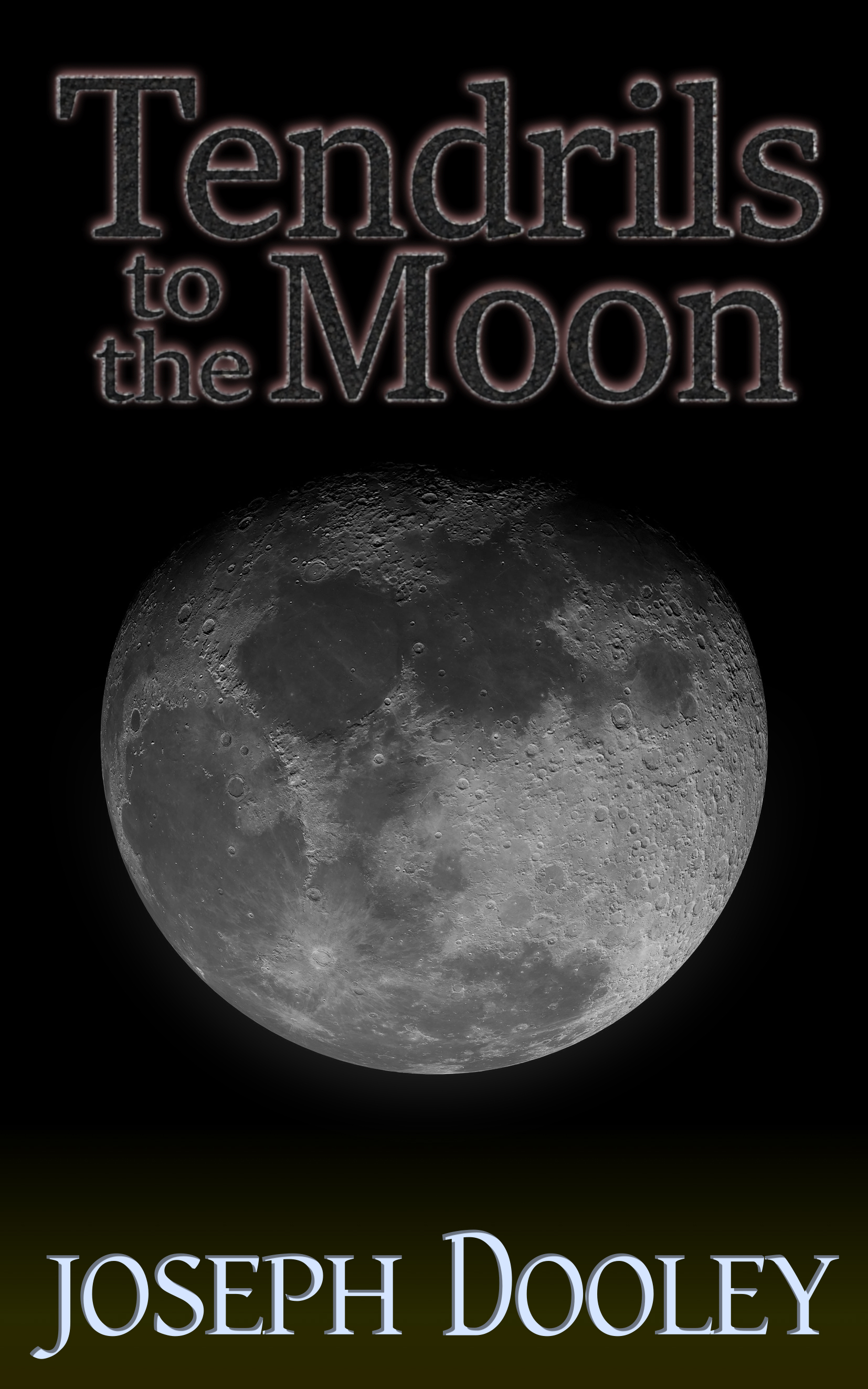When Apollo 11 landed on the surface of the moon in 1969, the crew left behind Neil Armstrong’s iconic footprint, and also 96 bags of human waste. But no more. The Moon deserves better. To this end, NASA last week launched the “Lunar Loo Challenge,” imploring the citizens of Earth to design a toilet for use in its Artemis Program, whose lunar lander is scheduled to send the first woman and the next man to the Moon by 2024. For the winners, there is a $35,000 prize pool that will be split between the three teams with the best designs, as decided by a panel of NASA engineers. The challenge also includes a junior competition where toilet engineers under the age of 18 can submit their designs.
I may be twice the age of the demographic this competition is geared towards, but, as the author of a book about a commercial expedition to colonize the Moon, I've given this some thought.
Let me begin by saying that 96 bags is an awful lot of human waste for two men to produce in barely a day. Such massive waste cannot be tolerated in future lunar operations if sustainability is the goal. Feces should be used to compost the lunar soil, and potable water should be distilled from urine.
The most dangerous part of space is the lack of atmosphere. It's the underlying threat that poses near-instantaneous death to astronauts. It's also an undervalued resource. When you expose a pressurized environment to vacuum, you turn an incremental drop in air pressure into kinetic energy. This energy can transport human waste to where it needs to be, much like flowing water carries human waste through a sewer.
If I were 17, my toilet design would take advantage of vacuum. It would be modeled after a flush toilet, use gravity to trap human waste, and have two settings: dry flush and water-assisted. The lid would be sealed after use, and the air trapped inside the bowl would be sucked, along with the waste, into another chamber. Filters would catch the waste, allowing water to pass through to be distilled. The air, separated by gravity from the water, would go to compost with the waste.
There's no reason to overthink this. Technically complex solutions to mundane problems like how to use the john collectively present a significant barrier to people's enthusiasm for space exploration. People will suffer much for a chance to thrive. They'll balk if the reward for years of toil is a joyless, artificial life experience totally disconnected from what they left behind on Earth.
Ultimately life on the Moon or in an off-world colony must be dynamic and full of spirit and zest. The technical architecture of life in pressurized habitats should reflect that, for the habitants' sake, on whom the colony depends for self-preservation and self-perpetuation. While regimen is a key operational factor, it must not come at life's expense.
As always, let me know what you think in the comments. Be sure to browse the fine independent authors and creators in the blog roll. You'll find an extended preview of my Moon colonization book, Tendrils to the Moon, here.




 That's what the lunar gateway looks like, if it's ever completed.
That's what the lunar gateway looks like, if it's ever completed.
 (Part 3 of a series on Dune. Read
(Part 3 of a series on Dune. Read  Facebook burst on the scene my freshman year in college. It was how I stayed connected with my college friends, and later my high school friends, and yet later everyone else, including my favorite musicians. Everyone I know and have known is on Facebook.
Facebook burst on the scene my freshman year in college. It was how I stayed connected with my college friends, and later my high school friends, and yet later everyone else, including my favorite musicians. Everyone I know and have known is on Facebook.